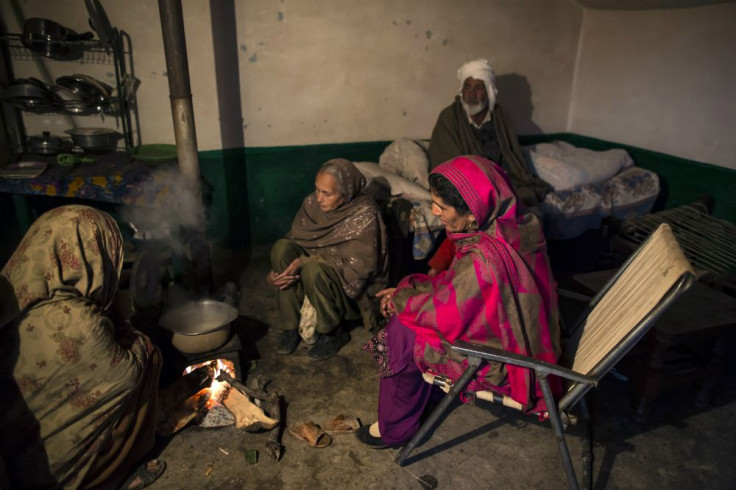Wood Fuel Not As Bad for Environment As Previously Thought

The use of wood to meet the heating and cooking requirements of billions of people aorund the world has less of an environmental impact through global forest loss and carbon dioxide emissions than previously though, according to a study. The study, led by Professor Robert Bailis of the Yale School of Forestry & Environmental Studies, and published in Nature Climate Change, says that only 27 to 34 per cent of wood fuel harvested worldwide is unsustainable, which means its annual harvesting exceeds incremental re-growth.The study suggests that there is a need for more nuanced, local-specific policies that address forest loss, climate change and public health. The studies also say that the carbon offsetting industry overstates the carbon dioxide emission reductions that can be achieved with more efficient cooking fuels. The study identifies hotspots where wood fuel use exceeds sustainable levels. These hotspots are mainly in South Asia and East Africa where about 275 million are reliant on wood fuel.In other regions, the wood fuel is a byproduct of deforestation driven by other factors such as demand for agriculture land, which would have occurred in any case. If forests and woodlands would have been cut down anyway, then any designs to reduce wood fuel usage will not reduce deforestation.The study’s strength lies in the fact that it identifies priority regions where wood fuel is not sustainable.Emissions from wood fuels account for about 1.9 to 2.3 percent of global emissions. The deployment of 100 million cook stoves could reduce this by 11 to 17 per cent.Meanwhile, in an effort to improve the air quality across Utah during winter, the Utah Department of Environmental Quality has proposed a seasonal wood burn ban. The ban will hold for everyone except those homeowners whose houses are heated solely by wood. Utah has an acute smog problem, but experts estimate that banning wood fuel will solve only about five per cent of the problem.To contact the writer, email: sonali.raj@gmail.com





















